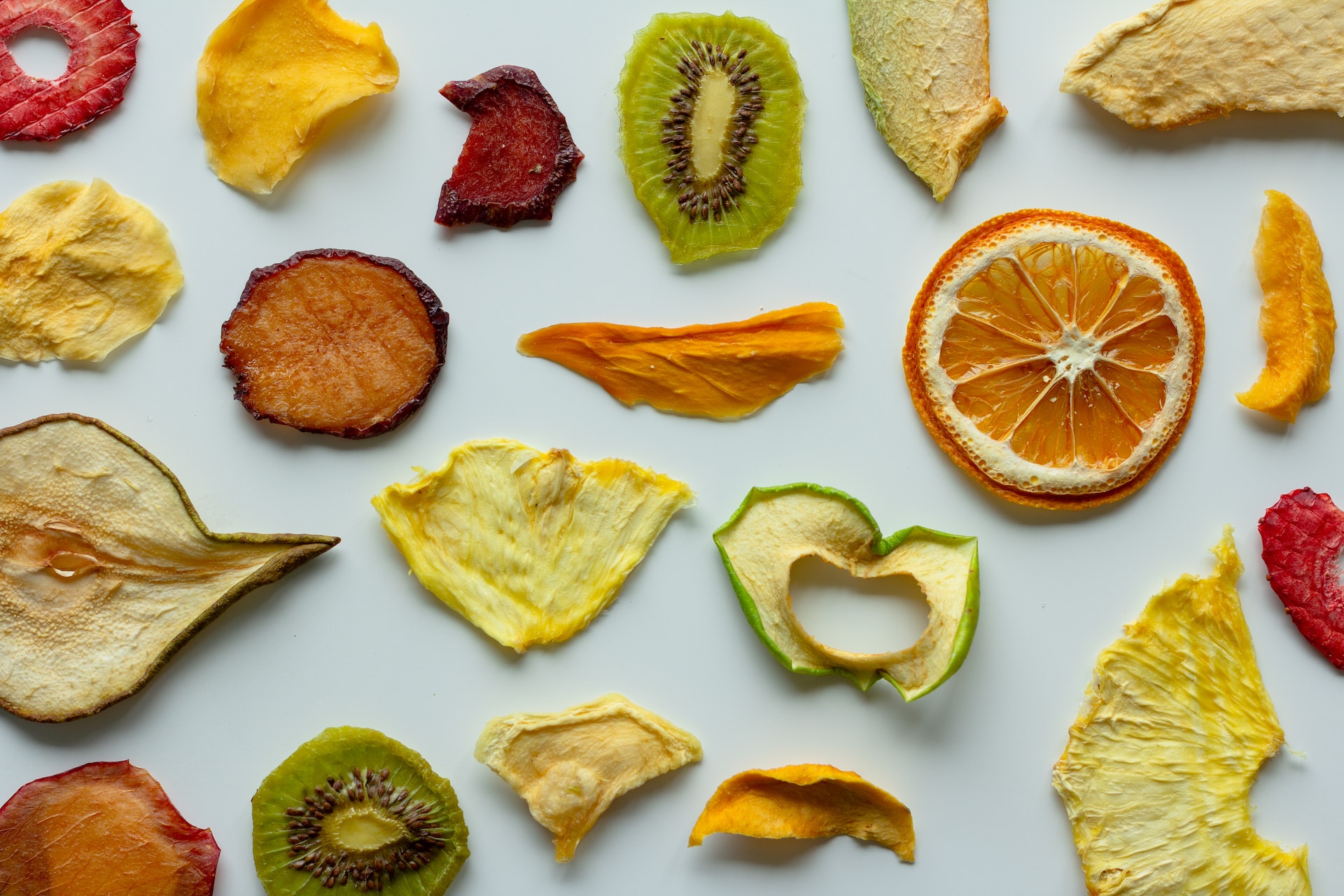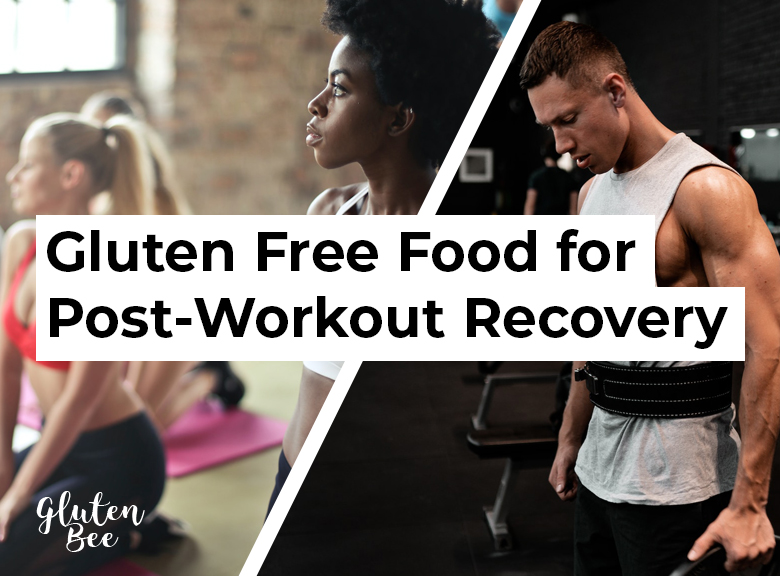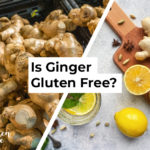Just like athletes are required to schedule their workouts, exercise routines and activities involved, getting the proper nutrition post-workout is equally essential. Forgoing gluten-containing food can be a personal choice or purely on medical grounds; however, athletes top the list of people avoiding gluten.
Being a calisthenics athlete (Performing bodyweight exercises, a form of strength training like push-ups, pull-ups, etc.), the responsibility of having only nutritious food and avoiding trash and an unhealthy diet multiplies many times.
Post-workout foods are as crucial for muscle recovery as pre-workout diets, and their effect on the body cannot be ruled out.
The following blog will discuss gluten-free food for post-workout recovery to aid muscle repair. Before that, let’s talk about gluten-free food.
What is gluten-free food?
Gluten (previously known as prolamin) is a naturally occurring protein found in grains like wheat, rye, barley, and triticale- a crossbreed.
Some people, like those having celiac disease, show an immune response to gluten. Though it’s naturally occurring, it can also be extracted and added to foods as a source of protein.
There is a reason many athletes tout gluten-free food. Celiac disease and wheat allergy are the most prominent reasons athletes don’t take gluten-containing food and wheat, respectively.
Non-celiac gluten sensitivity, which results in gluten-derived stomach distress, is also not uncommon.
Diet plan considerations
The entire diet needs consideration when an athlete has decided to carry on with the dietary changes for optimal performance.
For example, avoiding gluten-based food and wheat is compulsory; however, more changes are required to prevent negative consequences.
Grain, specifically wheat, increases the overall FODMAPs ( fermented oligosaccharides, disaccharides, monosaccharides and polyols) load, thereby reducing the chances of stomach distress and may result in an overall performance boost.
Some dietary considerations to plan a proper and adequate meal for an athlete should consist of
-
Carbohydrate intake should continue to be 6-10g/kg body weight/day
Not appropriately measured carbohydrate intake could result in overall glycogen depletion and a performance decline. Poor nutrient choices to avoid gluten are also evident.
For instance, many highly processed gluten-free foods, such as soda and sweetened tea, are available in the market, which contain a high amount of sugar and less than the required nutrient concentration.
Similarly, there are gluten-free breads consisting entirely of cornstarch and white flour, both having low nutrients.
Taking enough protein besides carbohydrates is essential because protein breakdown is the first thing muscles do, and providing the muscles with enough protein for build-up is essential.
-
Protein intake should be 20-25 g post-workout after each session for optimal muscle recovery.
Likewise, protein overdose should be avoided because more than mandated protein intake means more fat build-up.
What do muscle recovery foods do?
Muscle strain is evident after strenuous or intense workouts like strength training. Muscle depletes glycogen, the primary energy source for muscles.
A new intense exercise may also initiate delayed onset muscle soreness (DOMS) that causes stiffness, restricted movement, and swelling. In addition to that, oxidative stress, inflammation, and cellular damage can be avoided with antioxidant-rich foods. It is necessary to give muscles the energy and nutrients to build up.
When required protein is not provided, the rate of muscle breakdown outweighs the muscle build-up and recovery time.
FDA regulation for gluten-free claim
The FDA has regularized the foods for the gluten-free claim and set a standard. Any food naturally curing, derived, processed, or unprocessed that carries the ‘gluten-free’ label should contain gluten not exceeding 20 parts per million (ppm).
Best gluten-free food for post-workout recovery
The following can be the most optimal choice for athletes in the best gluten-free food for post-workout recovery for muscle repair:
1. Quinoa
It is the first food that goes vegan. It is for vegetarian athletes who are willing to take a gluten-free diet. Its edible seeds are gluten-free and rich in protein and dietary fiber. It’s rich in all nine essential amino acids with 8g protein per cup, twice as much as rice, making it the best gluten-free food. Additionally, it contains Vitamin B complex and other nutrients more than present in any grain.
2. Oats
Oatmeal is the best choice for gluten-free food for post-workout recovery because it is rich in complex carbohydrates, vitamins, soluble fibers, magnesium, and iron. Slow release of energy ensures fewer digestive issues.
3. Beans and lentils
Another smart choice for post-work recovery for athletes is beans and lentils, as they are the natural source of protein and carbohydrates and contain iron, magnesium, vitamin B, and calcium. Athletes often need more iron as they avoid gluten-containing wheat and other foods. Iron depletion leads to anemia(less oxygen supply to muscles), fatigue, and more muscle recovery time.
4. Dried fruits
Dried fruits like raisins, apricots, and dates in the correct quantity are good post-workout snacks. With the warning not to overdo the amount as sugar concentration in the dried form is concentrated.

Conclusion
Gluten is not synonymous to wheat, there are other gluten sources as well. Going gluten-free post-workout is one way to minimize gastrointestinal problems and to recover muscles.
Other nutritional requirements that need to be fulfilled aside from an overall healthier and balanced diet, for example, a balanced ratio of carbohydrates, proteins, calcium, iron, omega-3 fatty acids, zinc, magnesium, and fibers. Moreover, adequate hydration for athletes is as crucial as other dietary modifications.






